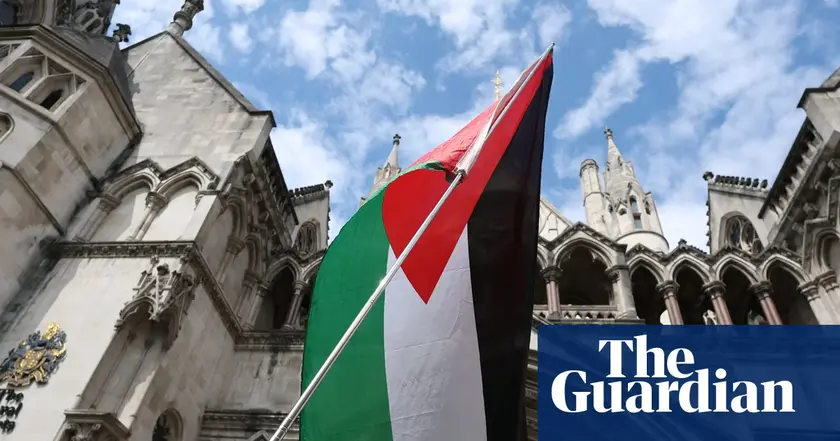T4K3.news
London protests after Palestine Action ban
Arrests begin in central London as crowds protest the proscription of Palestine Action and police pledge a strong response.
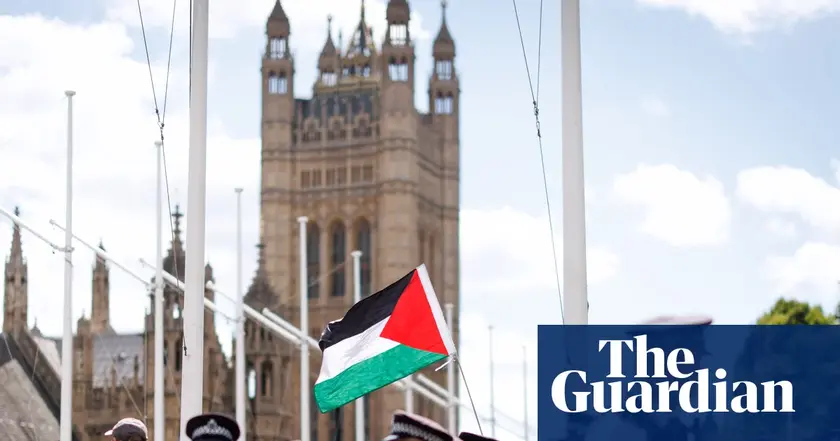
Police deploy extra officers in central London as hundreds protest the proscription of Palestine Action.
Arrests begin in London as Palestine Action ban prompts largest protest
Arrests have begun in central London at the largest demonstration relating to Palestine Action since the group was proscribed as a terrorist organisation. The Metropolitan Police said officers from other forces have been drafted to form a significant policing presence in the capital this weekend as crowds gather in Parliament Square. By Saturday afternoon, hundreds had joined a rally organised by Defend Our Juries, with demonstrators previously seen holding placards in support of Palestine Action despite the ban.
The government says the ban targets a specific group and does not silence Palestinian rights. Under the Terrorism Act 2000, membership of or support for the organisation can carry up to 14 years in prison. The Home Office reiterated that protest rights remain a cornerstone of democracy, while police warned that anyone showing support for Palestine Action could face arrest. In parallel, two other marches linked to competing campaigns are planned around central London on successive days.
Key Takeaways
"The public can be assured that we will have the resources and processes in place to respond to any eventuality."
Ade Adelekan on policing readiness for large protests
"The proscription of Palestine Action is not about Palestine, nor does it affect the freedom to protest on Palestinian rights."
Home Office statement on the ban
"Freedom to protest is a cornerstone of our democracy and we protect it fiercely."
Home Secretary statement on protest rights
"Anyone showing support for Palestine Action can expect to be arrested."
Warning from police about consequences of support
The policing approach signals a test for how far authorities will go to enforce new restrictions while keeping streets open. The ban shifts the line between lawful protest and potential criminality, raising questions about civil liberties and how protesters adapt to tighter rules. It also highlights the political rhetoric around security and the risk of backlash if enforcement appears heavy handed. As protests move through multiple routes, city leaders face a delicate balance between public order and democratic expression.
Highlights
- Dissent travels on a fine edge between courage and consequence
- Rights endure only when authorities respect them
- The street shows how far democracy will protect protest
- Policing will be judged by how it treats peaceful demonstrators
Proscription and protest risk
The use of a terrorism act proscription to curb a protest raises civil liberties concerns and could provoke political backlash if enforcement is seen as overreaching.
The street will reveal how far democratic debate can travel under new rules.
Enjoyed this? Let your friends know!
Related News
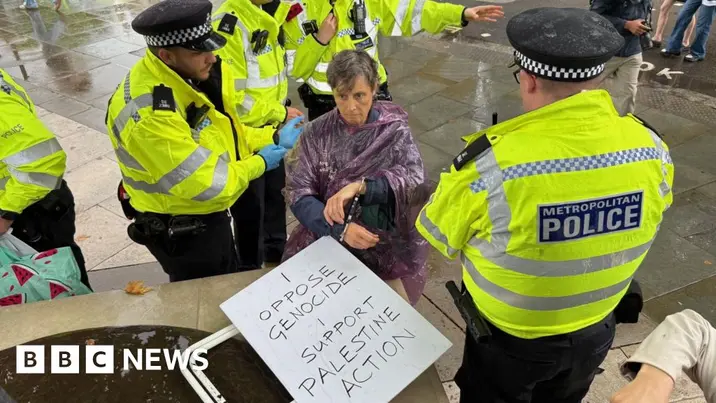
Dozens arrested at pro-Palestine protests in the UK
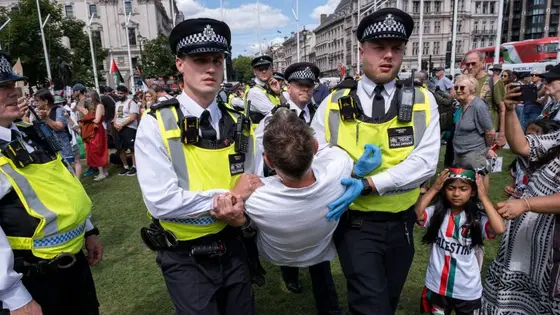
London arrests 466 protesters after Palestine Action ban
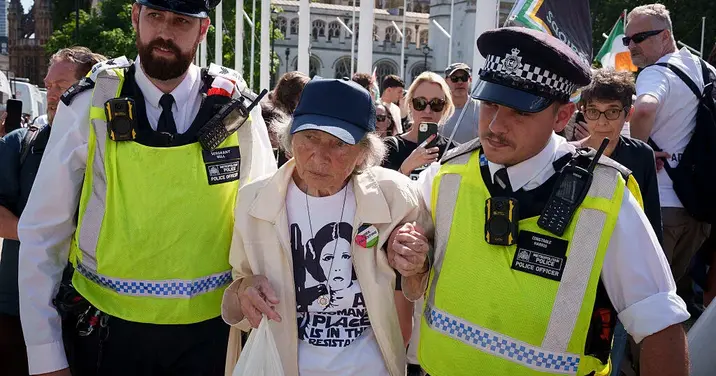
London arrests rise after Palestine Action ban
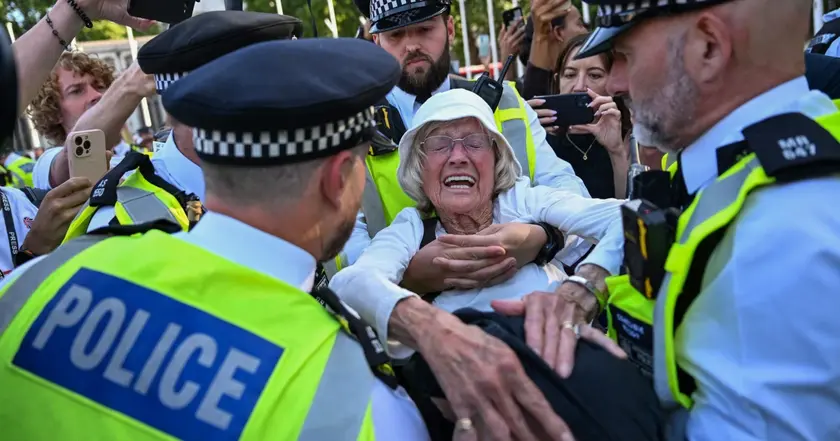
London arrests 474 protesters over new Palestine Action ban
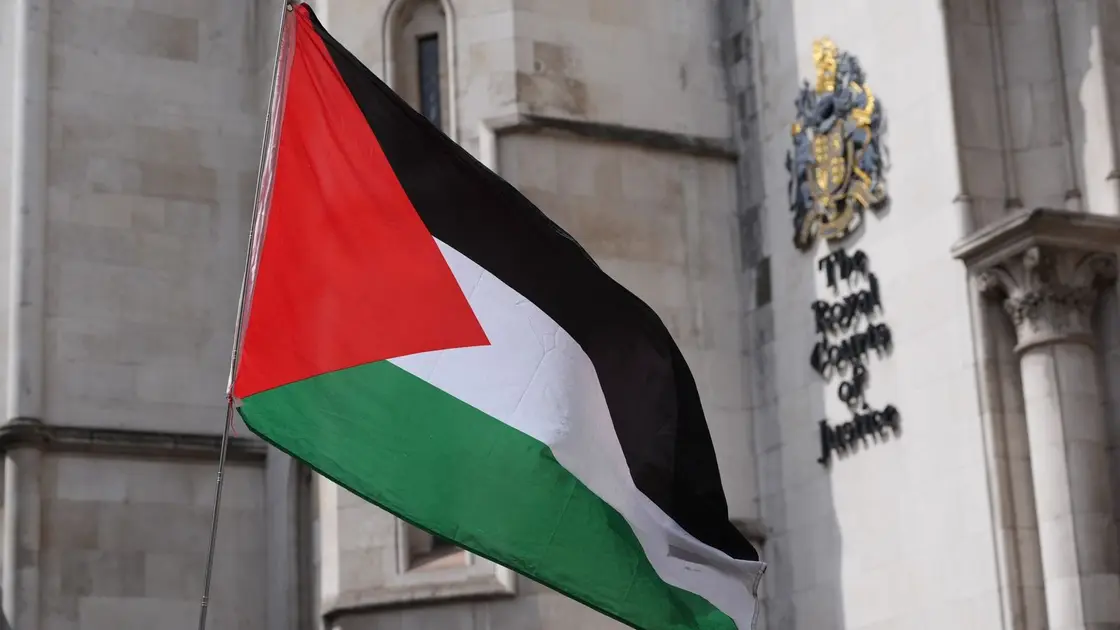
Three charged with supporting Palestine Action
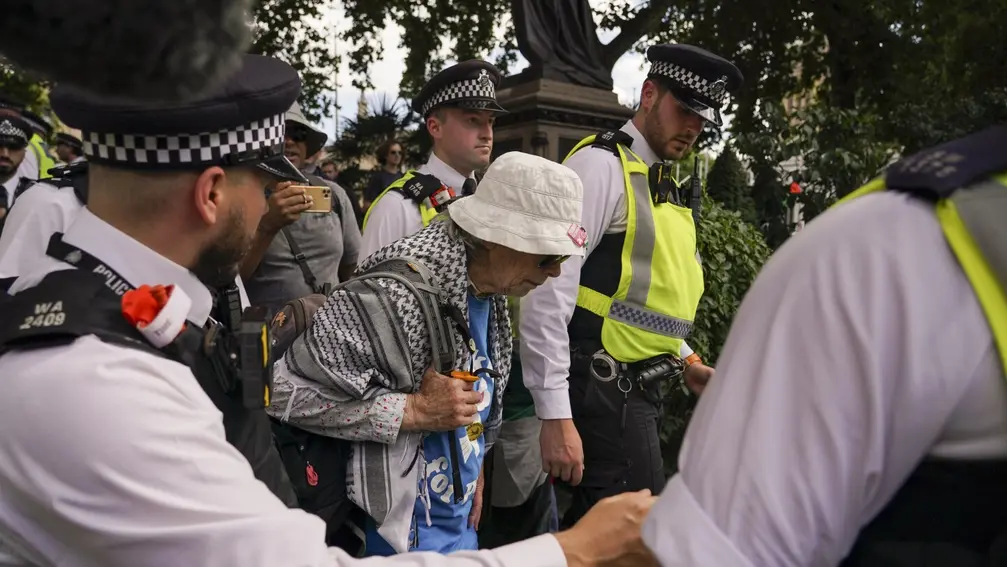
Protests test Britain's balance after ban
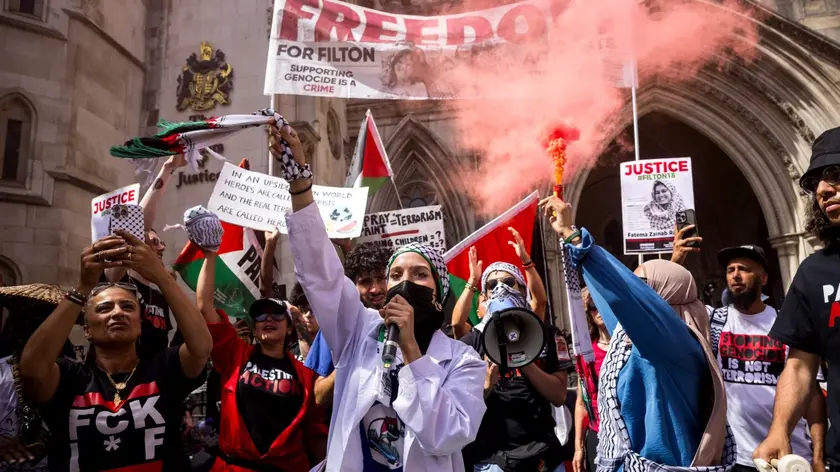
UK government bans Palestine Action amid rising support
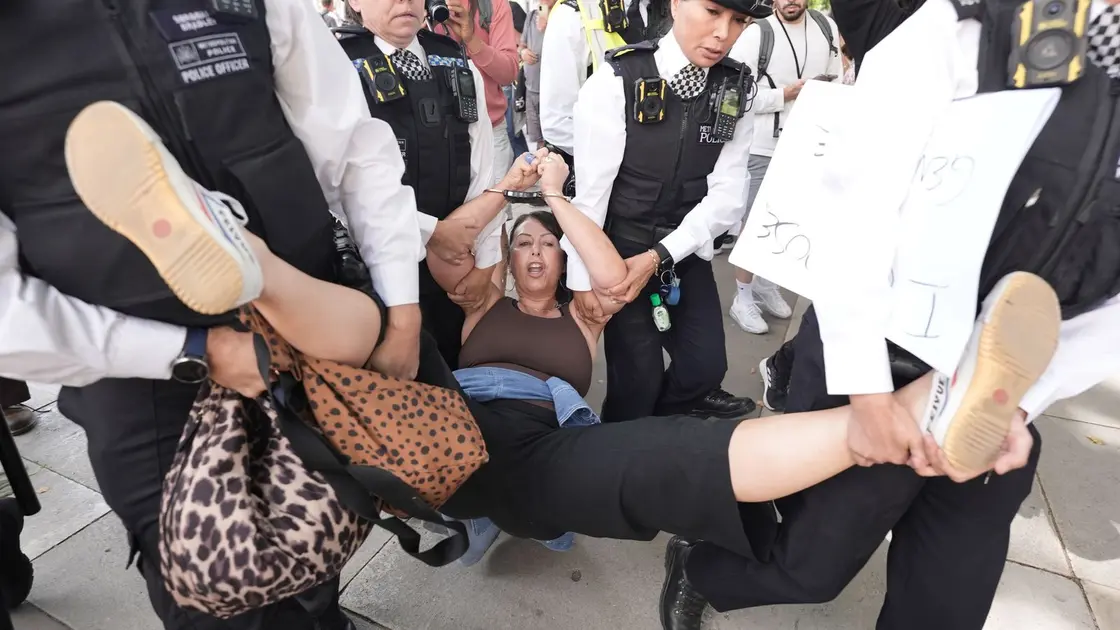
Arrests at London Palestine Action Protest After Proscription
